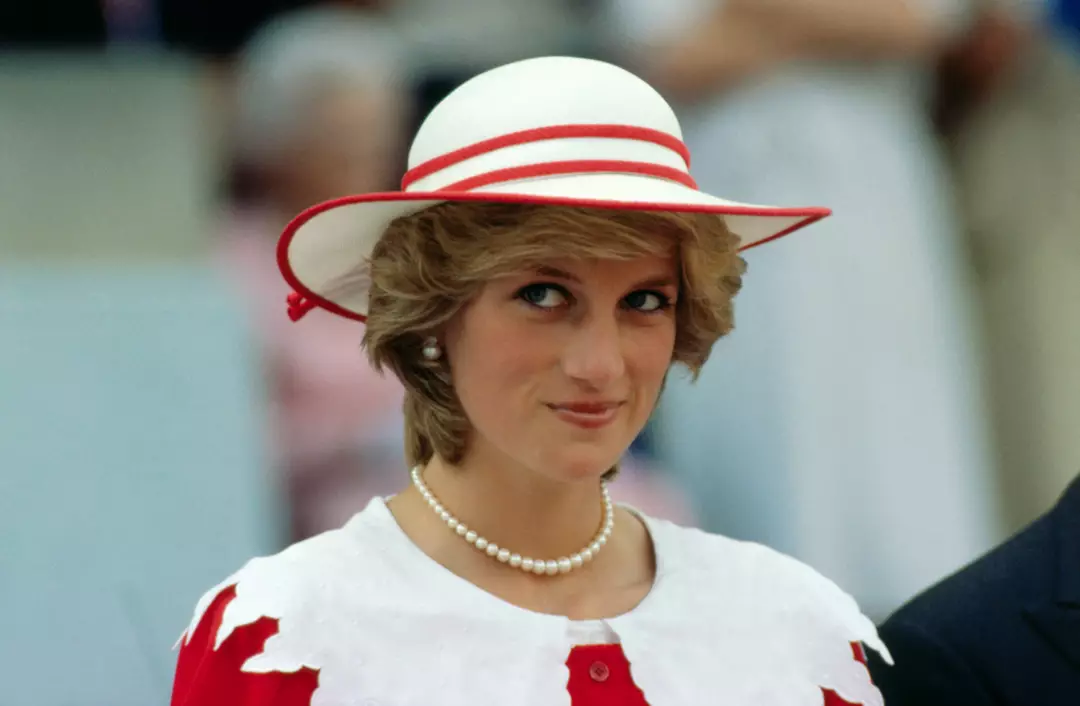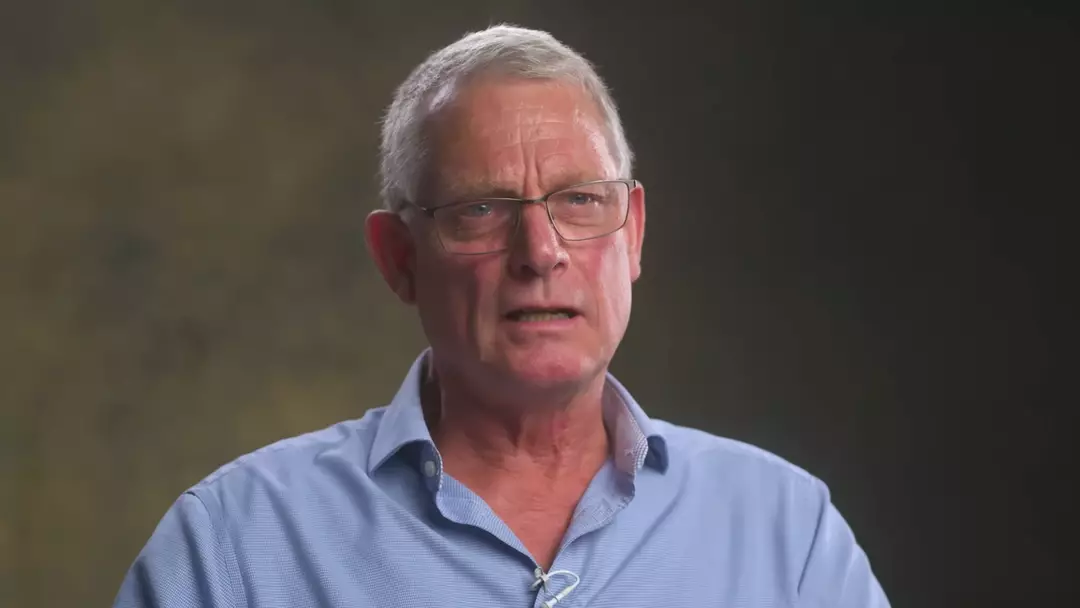A forensic pathologist has shed light on why the person most likely to kill you is often someone you know well.
Dr. Richard Shepherd, a forensic pathologist based in the UK, has participated in numerous high-profile court cases over the past three decades.
Specializing in examining individuals post-mortem, pathologists often collaborate with both criminal and coroners’ courts to provide crucial insights.
Despite his work on some of the most publicized deaths, Dr. Shepherd has expressed a keen interest in other facets of his profession.
Throughout his career, he has contributed to many murder investigations, offering expert evaluations to ascertain the cause of death.
Injury analysis can offer context, such as determining intent or distinguishing between self-defense and offensive actions.

Discussing his path to becoming a pathologist, he shared: “It just amazed me that doctors could help the police and the courts to establish why people had died.”
“I thought doctors made people better, that’s what doctors did, but suddenly here was another role for doctors that really really interested me.”
Regarding murder cases in the UK, Dr. Shepherd noted a prevalent cause of death.
“If we’re thinking about murders, it’s stabbings,” he explained. “They are the commonest cause of death.”
He also highlighted that the person most likely to harm you is not typically a stranger.
“The person most likely to stab you is a friend or a relative,” he remarked.
This perspective aligns with the reality that people spend significant time with those close to them, and unfortunately, conflicts can lead to violence.
Despite his involvement in prominent cases, such as the death of Princess Diana, Dr. Shepherd revealed that these aren’t the cases that leave the deepest impact on him.
“The high profile ones are high profile because it’s a famous person, there’s lots of celebrities die, but they die often in rather banal and boring ways,” he said.
“If I’m going to pick on cases that are important, it’s cases where I’m dealing with people privately and helping them through their grief, not the major world trade, Princess Diana, they’re important, but they’re not the ones that stick with me.”

